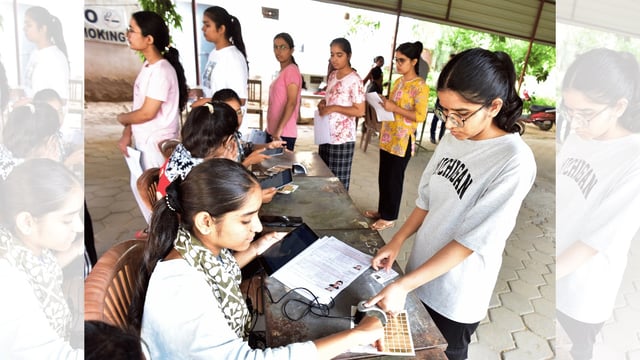Overview
- The CBSE governing body ratified in June that submission of APAAR IDs will be compulsory for Class 10 and 12 board‐exam registration beginning with the 2026 cycle.
- Madhya Pradesh’s School Education Department reports issuing about 99.41 lakh APAAR IDs—roughly 65 percent of its schoolchildren—by appointing district education officers and one teacher per school as nodal in-charges.
- APAAR serves as a lifelong, unique academic identifier under NEP 2020, envisioned to function as an academic credit bank and to link records to DigiLocker, UDISE+ and NTA systems.
- ID creation requires students or parents to submit personal details including Aadhaar numbers for authentication, with the government assuring that access will be restricted to authorized educational bodies.
- Privacy advocates and parents warn that mandatory linkage with board exams could over-centralize sensitive data and increase risks of misuse or leaks.

